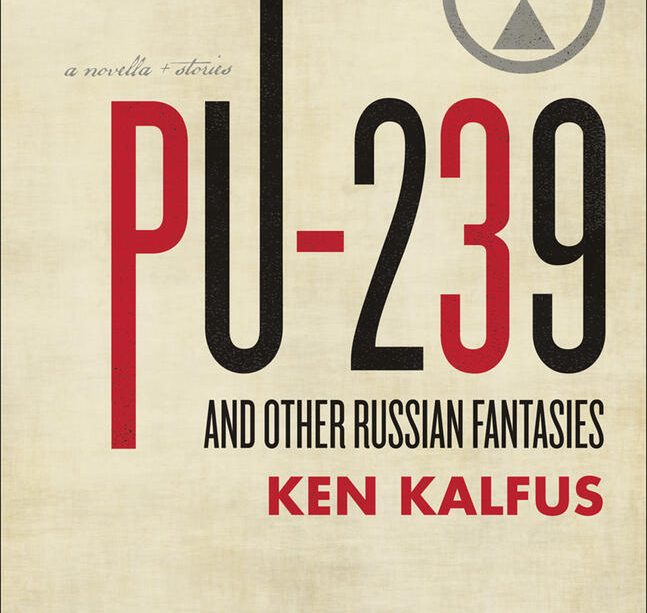Understanding the Current Geopolitical Landscape of Russia

Introduction
Russia, a country rich in history and culture, has found itself at the center of global attention in recent years. The importance of understanding Russia’s geopolitical stance lies not only in its significant role as a global power but also in the ripple effects its policies and actions have on international relations, security, and the global economy.
Current Events in Russia
As of late 2023, Russia continues to navigate a complex geopolitical landscape characterized by ongoing tensions with Western nations, particularly in regard to the conflict in Ukraine. The escalation of military actions and Western sanctions against Russia highlights the severity of these relationships. The Russian government has maintained its claims over annexed territories such as Crimea, which has resulted in increased military buildup along its western borders.
Furthermore, Russia’s international partnerships have shifted, as the country seeks support from non-Western allies. Recent engagements with China and the Middle East indicate a pivot towards strengthening ties with nations that share a more aligned perspective on global governance and economic cooperation. This includes trade agreements and military collaborations that have the potential to reshape power dynamics on the world stage.
Socioeconomic Impacts
The political climate in Russia has significant socioeconomic implications. The Russian economy has faced challenges due to sanctions, particularly in vital sectors like energy and finance. The decline in oil prices has further exacerbated these issues, leading to decreased public spending and rising domestic unrest. Citizens have expressed their grievances through protests, signaling discontent with the government’s handling of economic hardships.
Conclusion
The future of Russia’s geopolitical strategy appears uncertain as the country grapples with external pressures and internal challenges. Analysts predict that Russia will continue to exert influence in regions like Eastern Europe and the Arctic while seeking to fortify its alliances with countries outside of the Western orbit. For international observers and policymakers, understanding the complexities of Russia’s current state is crucial for anticipating future developments in global politics and security.









